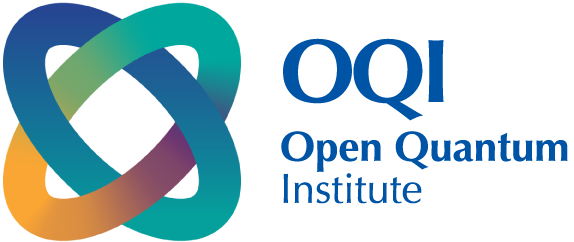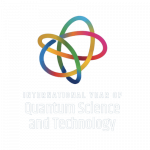Eliminating "Forever Chemicals" from Water Sources
Quantum simulation of the decomposition of “forever chemicals” (Poly-fluoroalkyl substances (PFAS)) for more efficient removal in water, limiting physiological and environmental harm.
OWNER
STATUS
Phase 1 – Outline
QUANTUM APPROACH
Quantum Simulation
SDGs

CONTRIBUTORS
SandboxAQ
Quantum South
UN Habitat
ORIGIN OF CONTRIBUTORS


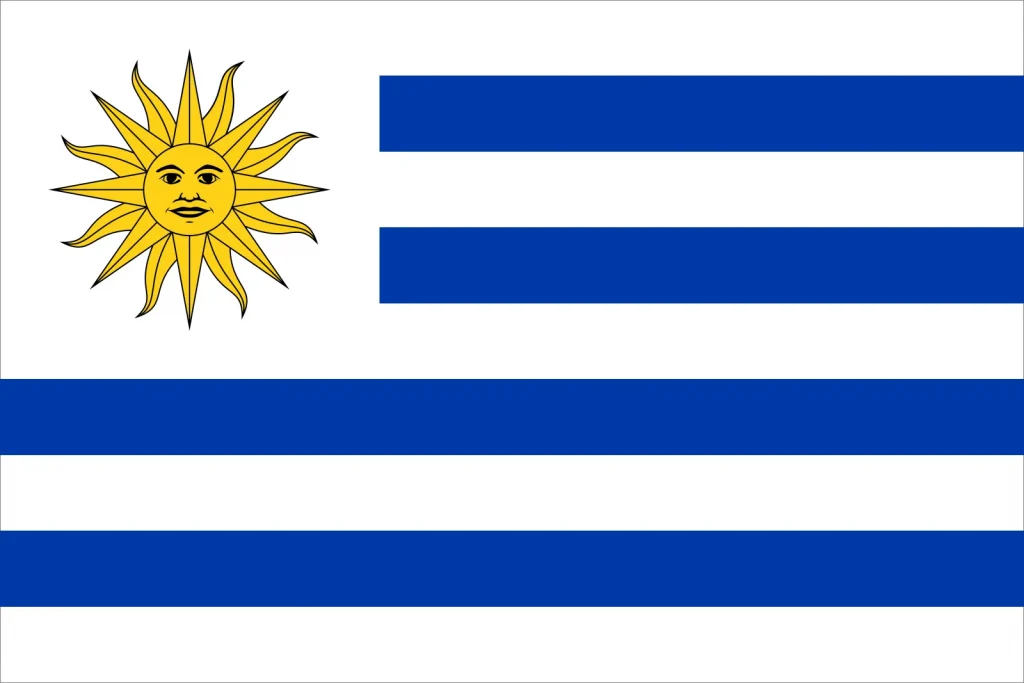
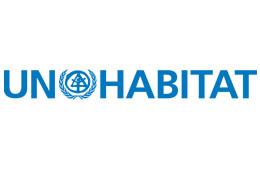
CONTEXT/IMPACT:
PFAS are also known as “forever chemicals” because they persist in the environment and are challenging to eliminate; they are even found in the human bloodstream. They are synthetic chemicals found ubiquitously in everyday products, such as Teflon pans, food packaging, and water-resistant clothing. Despite their versatility, PFAS negatively impact human health and the environment. Even at low concentrations, PFAS are linked to reproductive problems, immune system dysfunction, and cancer. The World Health Organization (WHO) and the United Nations (UN) are in the process of enacting restrictions on PFAS use. There are several existing technologies to reduce PFAS contamination, including granular activated carbon, ion exchange, sonochemical degradation, and reverse osmosis. Breaking PFAS bonds is a particularly difficult chemical challenge. Modeling PFAS properties and interactions, such as reaction pathways and transition states, can help elucidate mechanisms of enzymatic degradation. Computational modeling can also identify materials, such as adsorbents, membranes, or catalysts, that would make better filtration systems or augment existing ones. Historically, modeling PFAS molecules computationally has been challenging due to the high number of carbon-fluorine bonds.
HOW COULD QUANTUM HELP:
Quantum methods could augment the most accurate PFAS modeling to date by performing molecular simulations of increasingly complex PFAS molecules. Accurate representations of PFAS, their interactions, and their respective bond dissociation energies require information at the quantum level. Achieving this would lead to insights on the feasibility of breaking the C-F bonds that make PFAS so challenging to destroy and eventually inform paths to materials that can efficiently break the bonds, as well as materials that could make up filtration systems that would best sequester PFAS for destruction.
